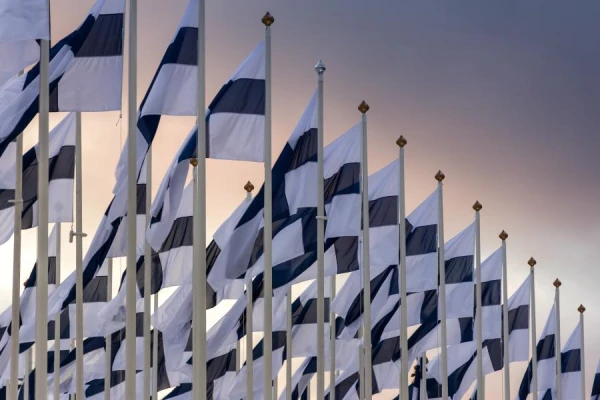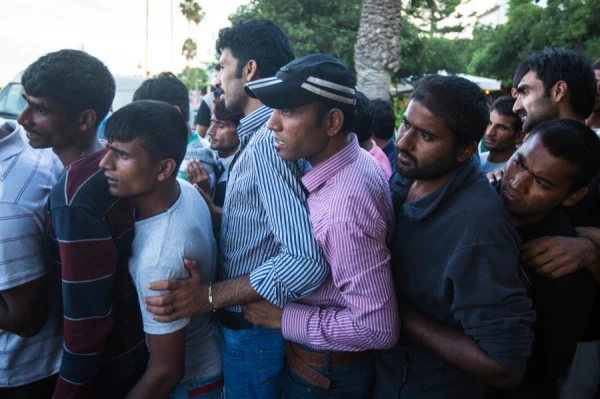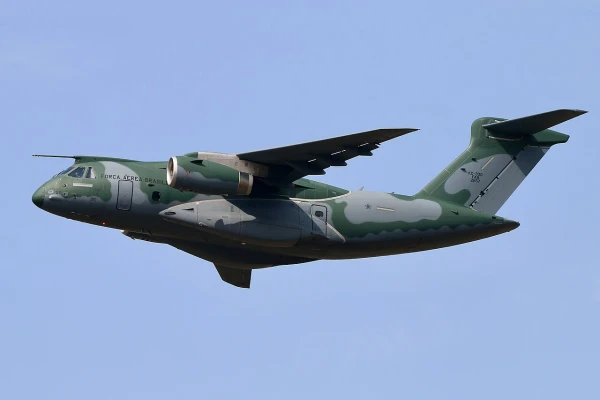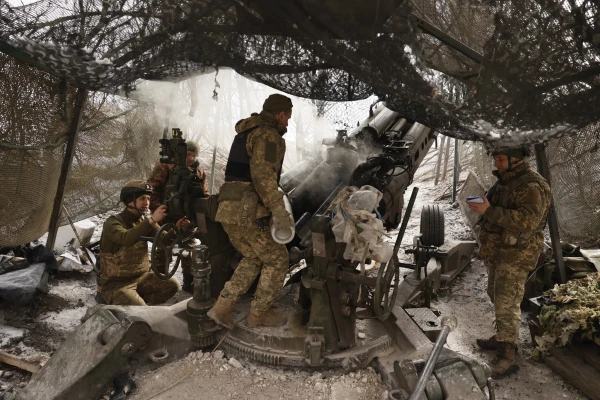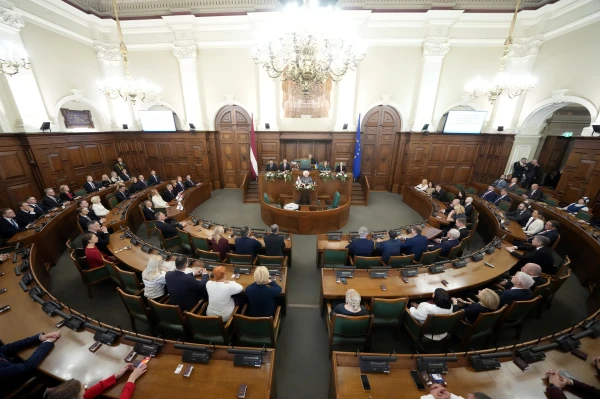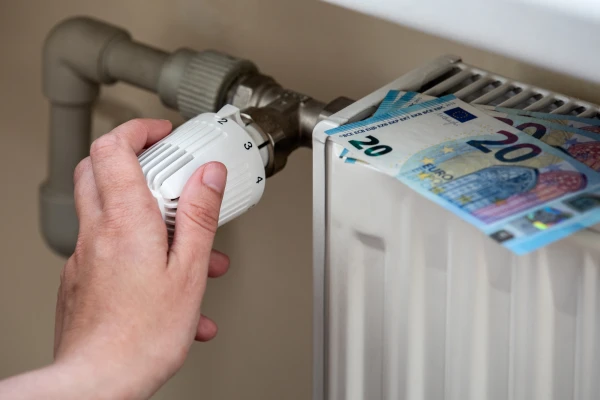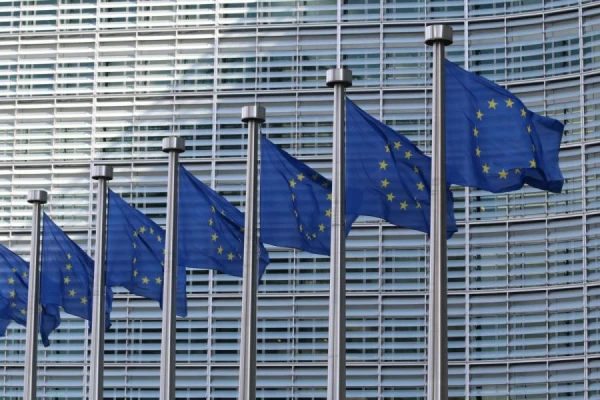
The European Union approved the 19th package of sanctions on Thursday, aimed at increasing pressure on Russia and preventing the financing of its military machine.
One of the key measures is the ban on the purchase, import, and transshipment of Russian liquefied natural gas (LNG) in the EU, which will come into effect in 2027. The ban on acyclic hydrocarbons has also been expanded: in particular, the exemption for isobutane is canceled, for which Estonia has already imposed national sanctions.
According to Estonia's Foreign Minister Margus Tsahkna, the new package of sanctions shows that Europe does not tire and does not retreat: "The European Union is deliberately and consistently raising the cost of aggression for Russia and continues to work on preventing circumvention of sanctions."
"Through sanctions, we are significantly reducing the income that Russia receives from energy resources, thereby hindering the financing of the Russian military machine," said Foreign Minister Tsahkna, adding that getting rid of energy dependence on Russia serves the interests of the European Union, as Russia has a habit of using energy exports as a weapon.
A ban on providing tourism services in Russia has been introduced to reduce Russia's revenues and prevent the encouragement of non-essential travel to the country at a time when the risk of unjustified detention for EU citizens has increased.
Participation, establishment of joint ventures, financing, and entering into new contracts with companies from special economic and innovation zones in Russia are also prohibited.
The EU sanctions list has been expanded to include more than 117 vessels that are subject to a ban on entering EU ports and receiving services. To date, the EU has imposed sanctions on more than 560 vessels, primarily transporting Russian oil.
In the financial sector, a ban on transactions for five Russian banks has been introduced, as well as restrictions on providing services in the field of crypto assets to Russian citizens.
In the trade sector, the list of end military users and companies involved in circumventing sanctions has been supplemented by 45 organizations, including several companies from third countries that assist the activities of the "shadow fleet" or supply the Russian defense industry.
Additional sanctions have also been imposed on goods and technologies used in the Russian military industry, including rare metals, salt, cement, and rubber products. Additional bans on the export of goods that contribute to the industrial potential of Russia have been introduced, including salt, sulfur, graphite, metal ores, rubber products, as well as ceramic materials for laboratory and construction use.
For Russian diplomats and consular officials accredited in one of the EU member states, there is a requirement to notify about planned trips or transit through another EU member state. In addition, each member state may introduce a requirement for obtaining permission.
The sanctions list has been expanded to include 63 individuals and legal entities, including companies supporting the defense industry and military machine of Russia, and their international partners who help circumvent sanctions and bring income to the Kremlin. This also includes individuals involved in the deportation of Ukrainian children and disseminators of disinformation.
"Russia must understand that there is no place for a country that grossly violates international law and attacks sovereign states on the international stage," Tsahkna said. "We will not stop until Russia is fully held accountable, leaves Ukraine, and compensates for the damage caused. This is not just words — it is a promise."
Tsahkna confirmed that work on the next, 20th package of sanctions has already begun. "We do not accept half measures. Each new package strengthens our signal: Ukraine is not alone, and Russia will not go unpunished. The 20th package of sanctions is expected to include measures against the largest Russian energy companies and also target third countries that help Russia circumvent sanctions.

